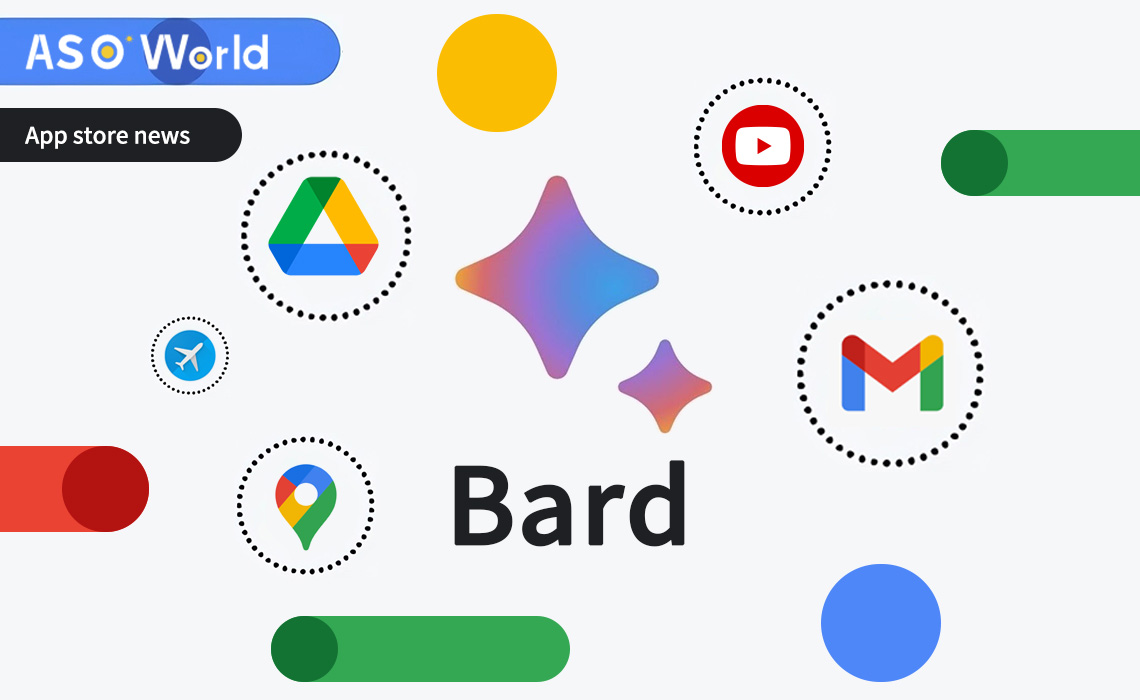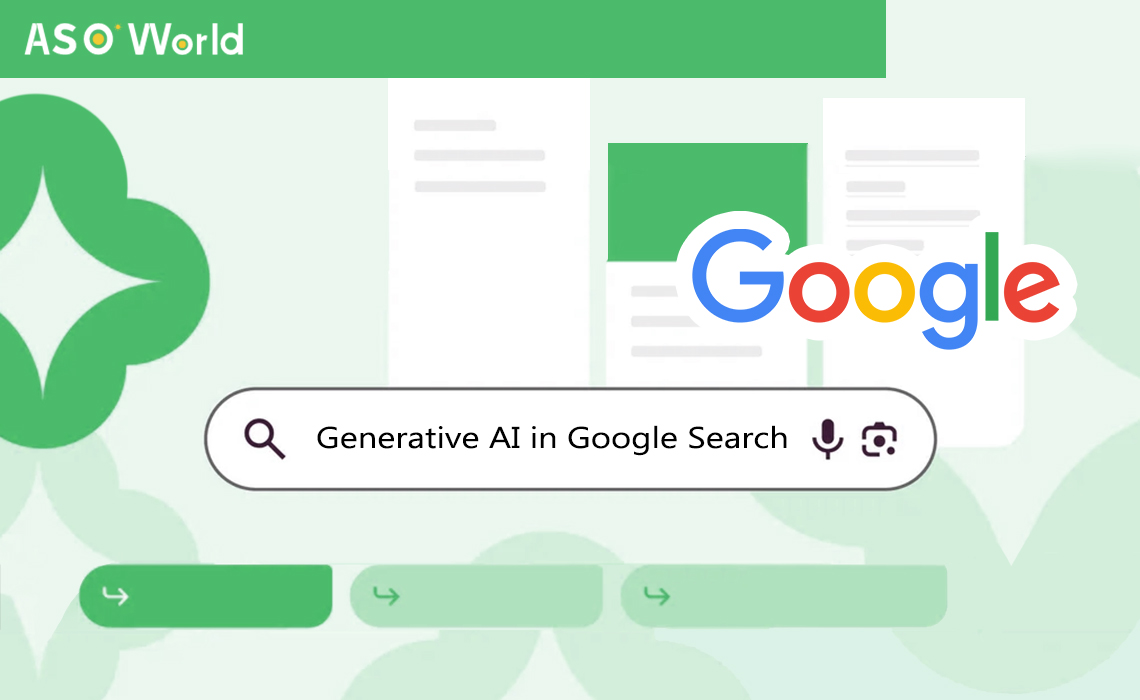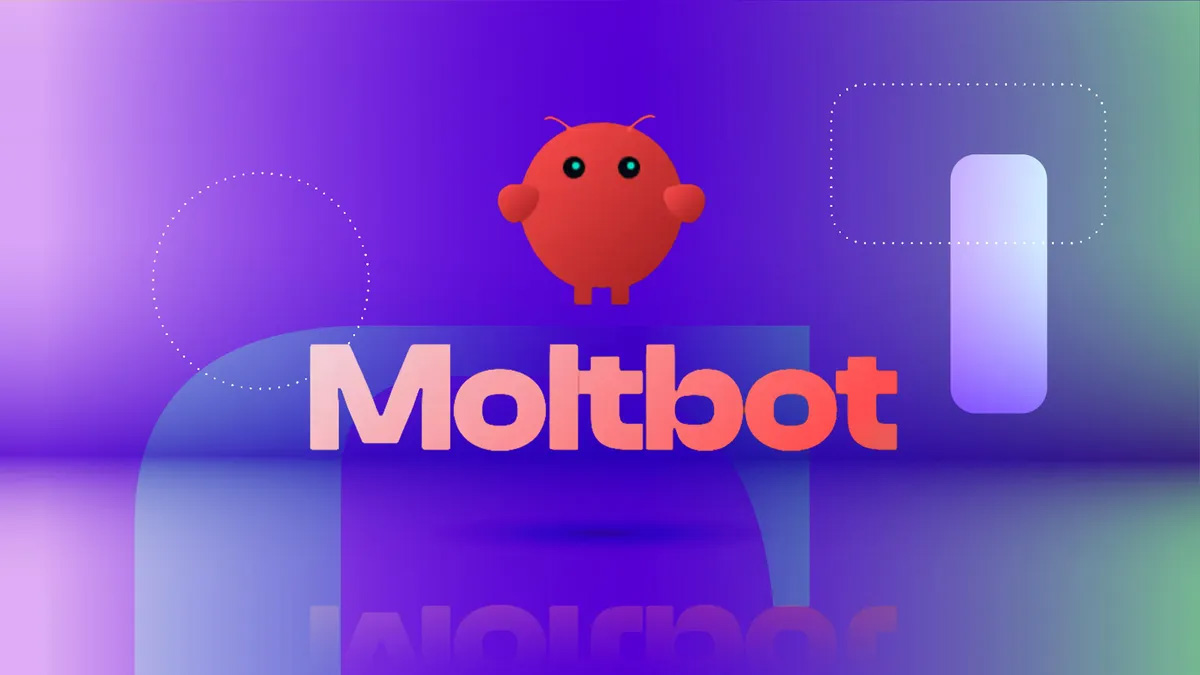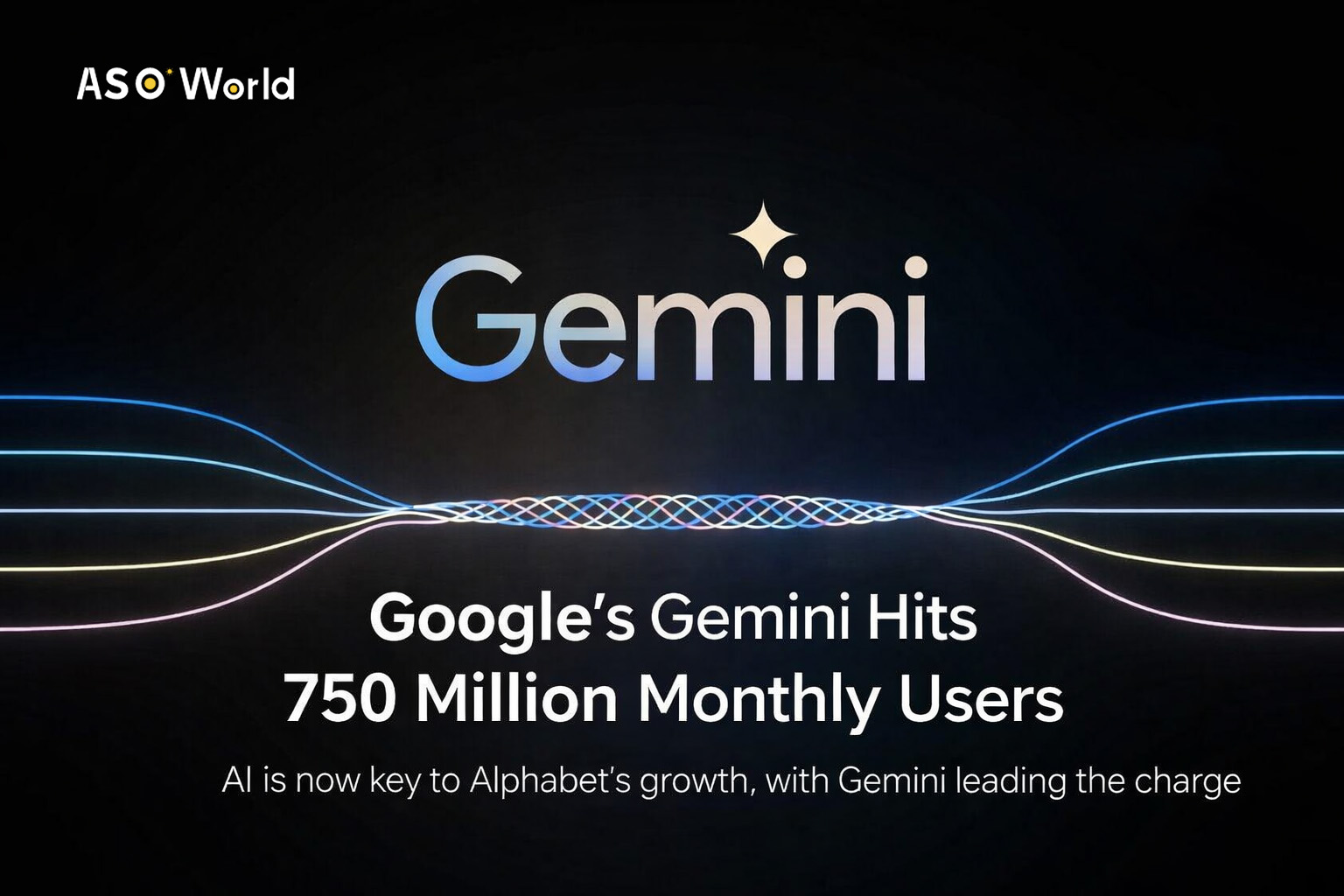Google's AI-powered search feature, known as the Search Generative Experience (SGE), has just received a significant upgrade. The latest improvements include the ability to generate images and create drafts with enhanced customization options. These new capabilities highlight Google's continuous efforts to enhance its AI technology.
AI-Powered Image Generation
One of the key features introduced to SGE is the AI image generation tool. Users can now input prompts specifying the type of image they desire, such as drawings, photos, or paintings. SGE will then provide four image results directly within the conversational experience. Users can download these images in .png format or modify the prompts to generate a new set. This feature is powered by Google's Imagen text-to-image model.
Moreover, this feature will also be integrated into Google Image search. When browsing image search results, users can create new images using prompts if they cannot find the desired photo. However, Google has imposed some age restrictions on this feature due to the potential for inappropriate content.
Enhanced Writing Assistant Capabilities
SGE's role as a writing assistant has been enhanced. Users can now generate different types of drafts, ranging from longer to shorter, and change the tone to be more serious or casual. These versatile writing options cater to various communication needs, including emails and other written content.
Export Options
Both new features, alternate drafts, and image generation offer export options. Drafts can be exported to Google Workspace apps, such as Gmail or Google Docs, while the generated images can be saved to Google Drive.
>>> Google Bard Unleashes Seamless Integration with Google Apps & Services
Availability
These new features are set to roll out to a subset of SGE users and will gradually expand to a wider user base in the coming weeks. Currently, they are available only in English for users in the United States, despite SGE being introduced to India and Japan recently.
Responsible Use and Filtering Policies
In light of concerns about misuse and the creation of inappropriate content, Google has implemented strict filtering policies. These filters are designed to prevent the generation of harmful, misleading, explicit, or prohibited content according to Google's guidelines. Additionally, Google blocks the creation of images that contain photorealistic faces and prompts mentioning notable people to prevent the spread of misinformation.
Google acknowledges that its tools may not be perfect, and to address this, they remain opt-in through Google Search Labs. Users can provide feedback to report misuses or issues. The generated images will also contain metadata indicating that they are AI-generated and invisible watermarking powered by SynthID, a technology announced by Google Cloud and Google DeepMind.
Google is continuously striving to make its AI-powered search experience more versatile, while also ensuring responsible usage through stringent filtering policies. These enhancements represent a step forward in the evolution of AI technology, providing users with a more interactive and customizable search experience.
>>> The Potential of AI Tools in App Marketing




